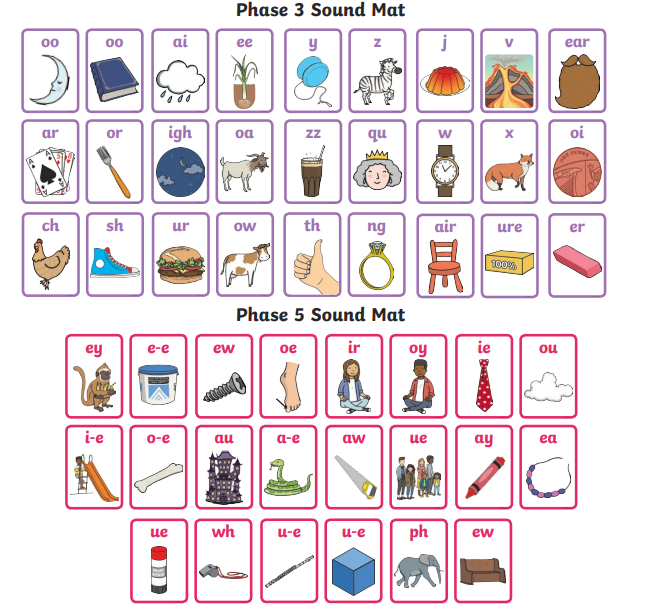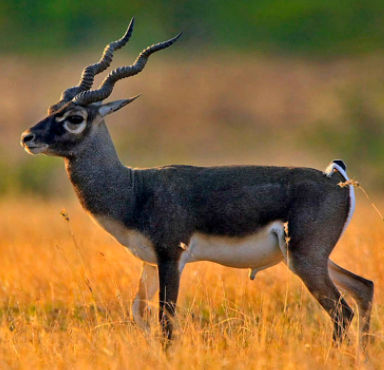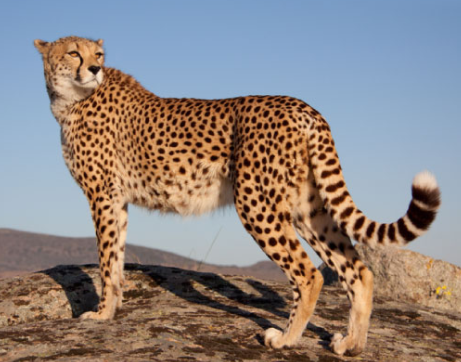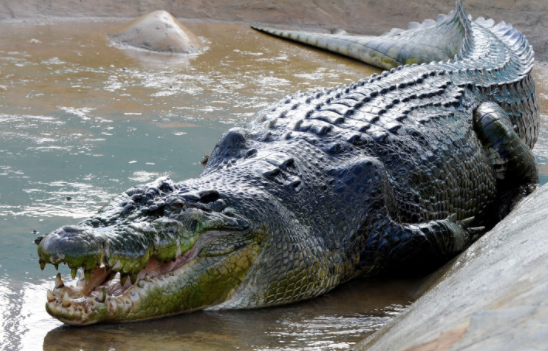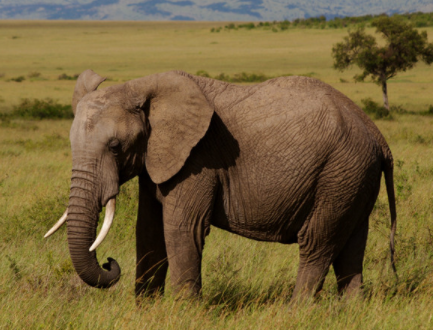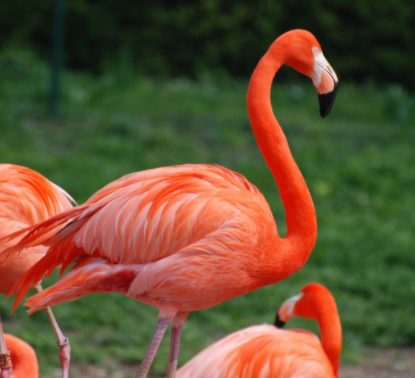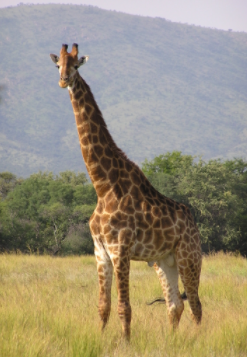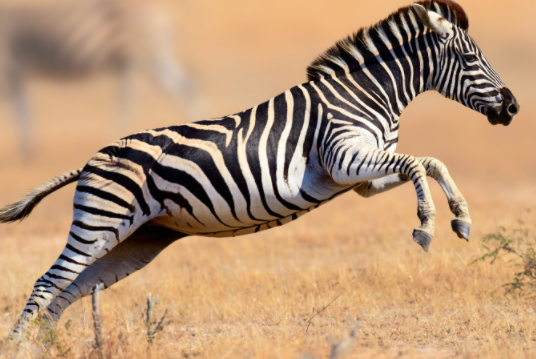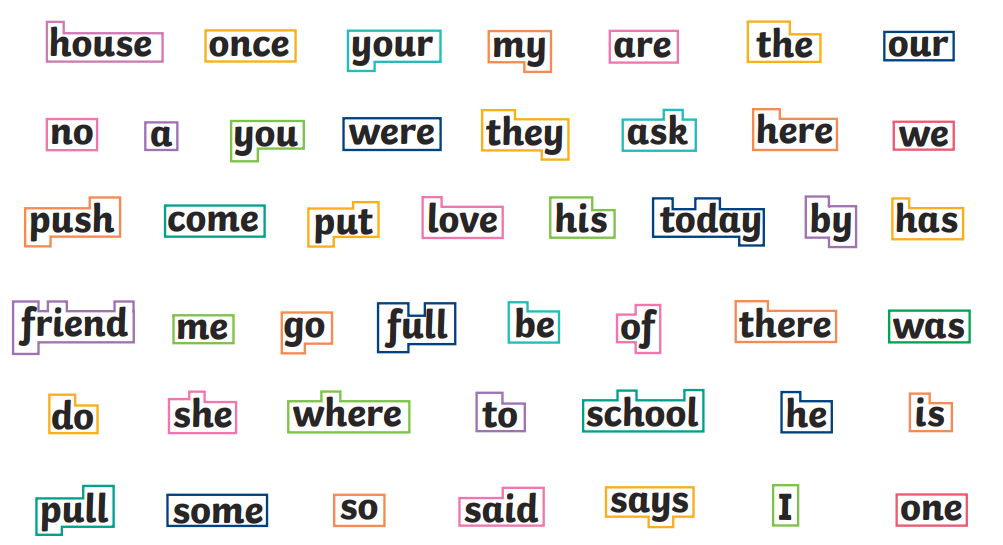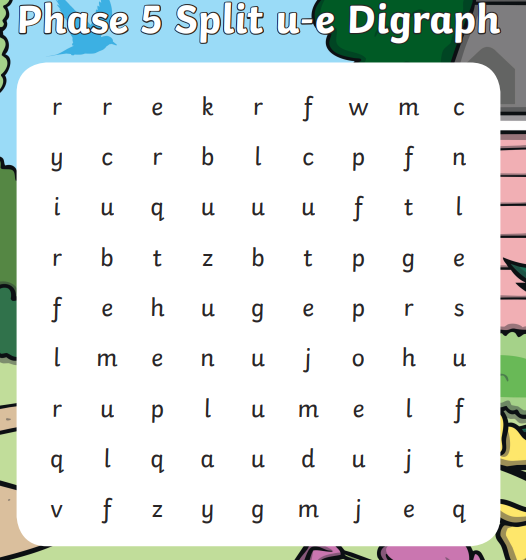Year 1 English Home Learning - 08.03.2021 - 12.03.2021
Hello Year 1,
I hope you are all okay. I know it is very disappointing not to be together in school this week but we must keep safe and stay at home for one more week. I will be organising a class zoom so that we can catch-up and see each other virtually. The details for will be sent out via text.
This blog includes a phonics session and an English lesson. You do not have to complete them together - it may work better to have a break in between. A phonics session in school lasts for around twenty minutes. The English lesson is longer.
Daily reading is super important. Please read your banded reading book, spending about ten minutes reading every day. You can find online banded books by clicking here. This will take you to the free ebook library from Oxford Owl. If you have not used this website before, then you will just need to register to access the books. It does not cost anything at all.
This week in English, we will be reading and discussing some poems about animals, learning to recite a poem and discussing word meanings. We will be working towards performing our own poem the following week when we are back in school.
Please keep in touch and send photographs of your learning at home to my email address g.claxton@win.jtmat.co.uk so that I can see how you are doing and provide some feedback.
If you have any questions or would like some extra support then please do not hesitate to contact on the above email address.
Speak soon.
Monday
Phonics
Today, we will begin by recalling our sounds. Use the mat below:
We are going to recap on reading words containing split digraphs. Let’s start with a-e. Read the words below, then practise writing them.
Write two sentences using some of the words above.
English
Today, we are going to listen to and discuss some poems. What is poetry? Do you know any poems? Do you know any nursery rhymes? Poems are written by poets. There are many different types of poem. Many have rhythm, which is the pattern the words make when they are put together. Some poems have rhyming words at the end of lines.
Read the poems below, written by Axel Scheffler. These are taken from his book ‘Flip Flap Safari.
It’s a Lion
My mane is thick, my teeth are sharp,
I am a mighty beast.
Be careful not to cross my path,
I’ll eat you - what a feast!
I pad towards the waterhole
On my four furry paws
Be careful if you’re drinking there -
I’ll catch you in my claws!
It’s a Warthog
My snout has lots of funny lumps and bumps,
My tusks are sharp and short.
I swish my tail and flap my ears,
And give a great big snort!
Although my legs aren’t very long,
I trot around quite fast.
And if you ran a race with me,
I bet you would come last!
It’s a Rhinoceros
I’ve tiny little piggy eyes,
My horn is sharp and long.
My teeth can grid up leaves and sticks.
I’m grumpy and I’m strong!
My skin is tough and leathery.
My body’s very large.
Be careful you don’t startle me -
You don’t want me to charge!
What do you notice about these rhymes? Are there any patterns? Write down the rhyming words.
Which parts do you like? Write some sentences using the sentence stem ‘I like the part….’ Try to give a reason for your chosen part.
Tuesday
Phonics
We are going to focus on spelling our common exception words today. Here they are:
Read through all of the words. Now choose five words that you find tricky to spell.
Complete the following activities with each of your words:
Write the word as many times are you can in thirty seconds. Make sure it is spelled correctly each time.
Write the word and draw the shape around it, just like in the image above.
Write the word into a sentence that makes sense.
English
Starter: Read this sentence and say three times. Now try and write it without looking at it.
I am grumpy and I am strong.
Repeat with this sentence:
My snout has lots of lumps and bumpys.
Let’s read this poem taken from Axel Scheffler’s book ‘Flip Flap Safari’.
It’s a Buffalo
When I was born, my coat was red,
But now it’s shiny black.
I’ve long and lovely curving horns,
And birds upon my back!
My cloven hooves are black and hard,
My legs are short and stout.
I trot around with my big herd -
We like to charge about!
We are going to learn this poem off by heart. Draw a text map with words and pictures to help you retell this rhyme. Now try adding actions as you say it to help you remember.
Next week, we will be able to recite this poem together using our actions.
Wednesday
Phonics
We will begin recalling our phase 5 sounds together. Click on the video to begin.
That is super.
Now let’s recap on reading words containing the ‘i-e’ grapheme. Read the words below.
Now write each word, making sure you spell it correctly using the split i-e digraph.
Read this sentence:
I quite like to go down the slide.
English
In today’s lesson, we are going to think about the meaning of some words used in Axel Scheffler’s poems.
Can you find out what these words mean?
stout herd mighty snout trot camouflage leathery startle slender canter
It helps to read the word in a sentence so that we can think about the context.
My legs are short and stout.
I trot around with my big herd.
I am a mighty beast.
My snout has lots of lumps and bumps.
I trot around quite fast.
My dots are camouflage, you see - they make me hard to spot.
My skin is tough and leathery.
Be careful you don’t startle me - you don’t want me to charge!
My legs are long and slender.
I canter up savannah hills.
When you have discussed or written the meanings of these words. Choose the words you like and think about the different animals that you could describe.
Thursday
Phonics
We will start by quick-writing the graphemes below.
Today, we are going to recap on the split o-e digraph.
Read this postcard and write down all of the words containing the split o-e digraph. The first one is Rose.
Now choose some words from your list and write your own sentences. Try to write two different sentences. Remember to read them and check that they make sense. Did you remember to use the o-e grapheme?
English
Let’s begin by retelling the poem ‘It’s a Buffalo’. Use your text map to help or go back to the poem if you need to practise some more.
Look at the photographs of different animals. Choose an animal you are familiar with. What do you already know about this animal? How could you describe it? Do you need to find out some more information?
Today, you are going to write some sentences about your chosen animal. Take out your words from yesterday - do any of those words work with your chosen animal?
Year one should aim to write three to five sentences about their chosen animal. Of course, you may always write more!
Year two should aim to write six to ten sentences about their chosen animal. Of course, you may always write more!
Please send a photograph of your writing to Mrs Claxton or Miss Hughes using our email addresses. We would love to see your writing and send you some feedback.
Friday
Phonics
In phonics today, we are going to begin by reading our common exception words as quick as we can. Use the mat below.
Now let’s recap on the split u-e digraph. Look at the word search below. Can you find some words containing the u-e digraph? Words can be in any direction, forwards or backwards.
Here are some words to look out for:
huge, cube, cute, flume, flute, June, mule
Now write two sentences using some words with the u-e digraph.
English
Starter: We are going to play sentence substitution. Read the sentence and then see how many more sentences you can make by swapping words using the list below.
Lions have sharp teeth.
mane, thick, crocodile, legs, short, strong, pointy
Now read this sentence:
My mane is thick and my teeth are sharp.
The word ‘and’ is joining two main clauses. The clause ‘my mane is thick’ and the clause ‘my teeth are sharp’ make sense on their own.
The word ‘and’ is a coordinating conjunction. We are going to use this coordinating conjunction to join some two clause together.
Use the word ‘and’ to join the two sentences, turning them into one sentence. Remember to use spaces between your words and begin with a capital letter, ending with a full-stop.
My ears are enormous. My trunk is long.
My hooves are black. My legs are short.
My snout has lumps. My tusks are sharp.
My smile is wide. My teeth are sharp.
My skin is tough. My body is very large.
How did you get on? Send a photograph of your writing so I can check.

